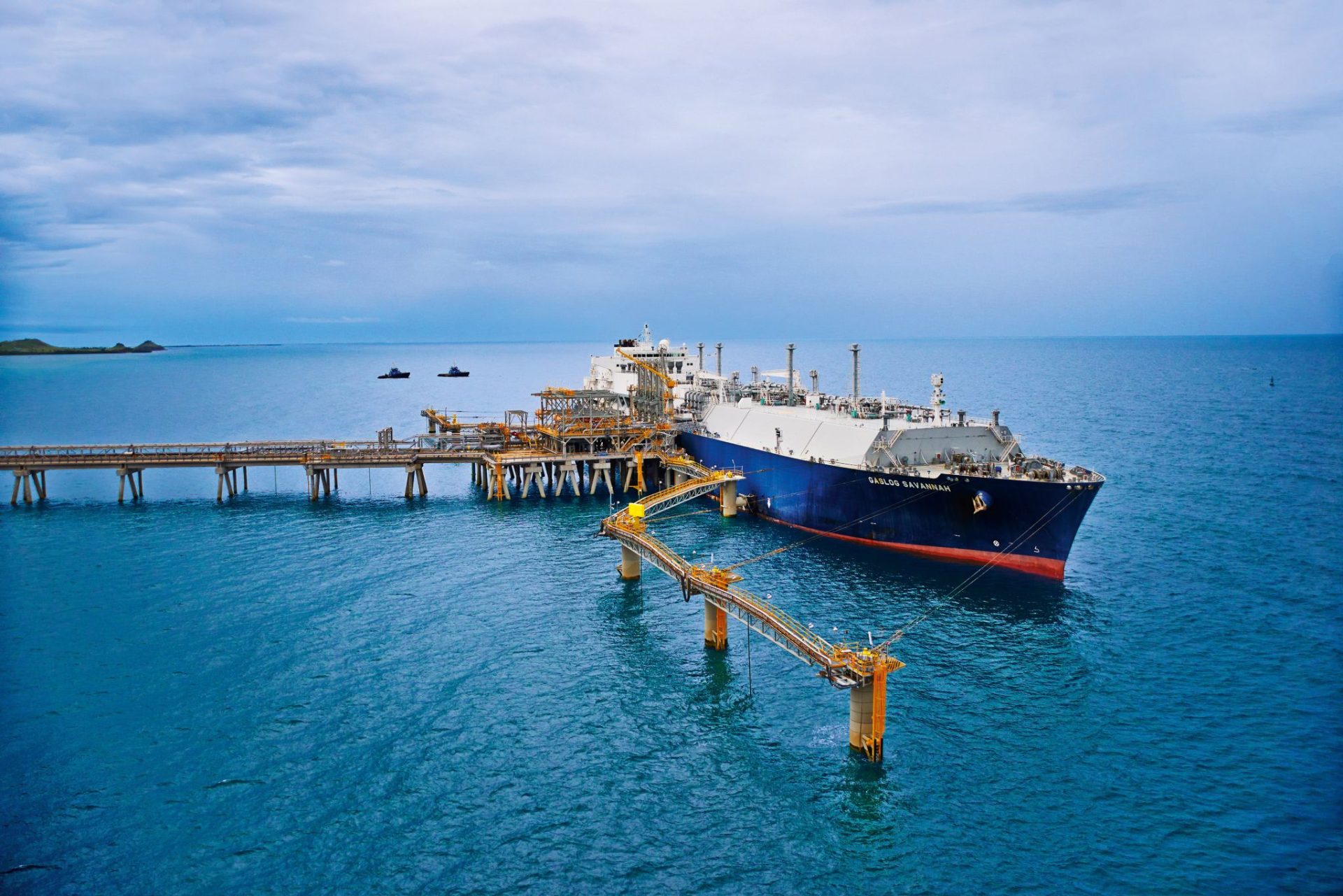Australian LNG player Santos reported record profit in 2022 due to high liquefied natural gas prices and increased PNG LNG position after the merger with Oil Search.
Underlying profit increased to $2.46 billion in 2022, up 160 percent from $946 million a year earlier, while net profit after tax jumped 221 percent to $2.11 billion.
The reported net profit after tax includes the previously announced impairment charges of $224 million after tax, losses on commodity hedging, and one-off costs associated with acquisitions and disposals.
“The results reflect significantly higher oil and LNG prices compared to the corresponding period due to stronger global energy demand combined with a higher interest in PNG LNG following the Oil Search merger,” Santos said.
Santos said that PNG LNG produced 8.6 million tonnes of LNG in 2022, and shipped 114 cargoes.
Annual LNG production was higher than 8.4 million tonnes in the previous year, primarily due to the timing of planned maintenance activities in 2021.
Dividend lifted
According to Santos, it paid $1.1 billion in government royalties and excise, royalty-related taxes and income taxes in 2022, and spent $385 million in its host communities supporting local businesses and community initiatives.
Last month, Santos said that its 2022 sales revenue rose 65 percent to $7.8 billion, and it reported a record free cash flow of $3.6 billion.
Santos lifted its final dividend by about 78 percent to 15.1 cents per share unfranked ($500 million), bringing total dividends declared for the year to 22.7 cents per share ($755 million).
It also announced the return of $1.5 billion to shareholders for 2022 under the company’s capital management framework.
Santos CEO Kevin Gallagher said the company delivered record production, free cash flow, and underlying earnings in 2022 as the company benefited from strong customer demand for its products, higher commodity prices, and disciplined cost management.
“Demand for our products has remained strong in both Australia and internationally, due to increased demand and shortages of supply from producing nations because of global underinvestment in new supply sources,” he said.

